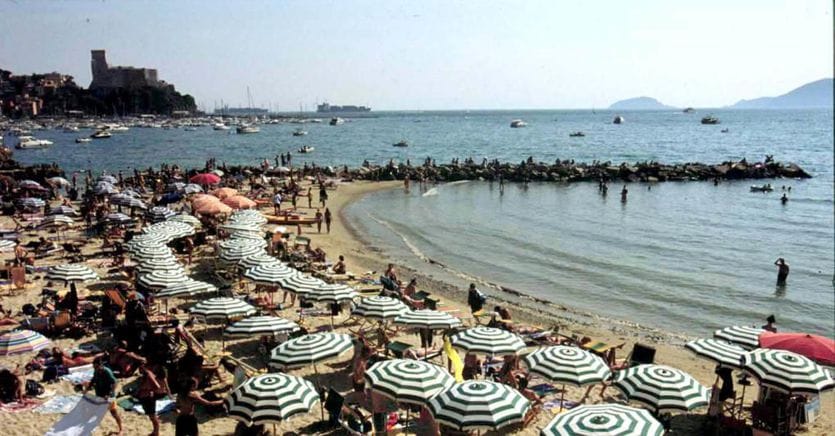The occupation concessions of Italian beaches cannot be renewed automatically but must be subject to an impartial and transparent selection procedure. National judges and administrative authorities are required to apply the relevant rules of EU law, disapplying provisions of national law that do not comply with them. This is what the Court of Justice of the European Union underlined in case C-348/22 on the subject of beach concessions.
The Bolkestein directive
The Court refers to the Bolkestein directive. According to this directive, for the award of concessions for occupation of maritime state property, Member States must apply a selection procedure among potential candidates when the number of authorizations available for a given activity is limited due to the scarcity of natural resources . The authorization is issued for an adequate limited duration and cannot include the automatic renewal procedure. Although these provisions, recalls the EU Court of Justice, have been transposed into the Italian legal system, a law of 2018 (law 145, “State budget for the financial year 2019 and multi-year budget for the three-year period 2019-2021” ) provided that the existing concessions be extended until 31 December 2033, in order to have the time necessary to carry out all the essential activities for the reform of the concessions.
The appeal of the Agcm against the resolution of the municipality of Ginosa
Consequently, the Municipality of Ginosa extended, with a resolution of 24 December 2020, the concessions for occupation of the maritime state property in its territory. Considering that this resolution violated the principles of competition and freedom of establishment, the Competition and Market Authority (AGCM) served the said municipality with a reasoned opinion, reminding it of the obligation of a prior public procedure and noting that the national provisions for the automatic extension of concessions had to be disregarded.
The ruling of the European Court of Justice
The Luxembourg judge therefore ruled on the appeal of the Italian Competition Authority against the extensions granted without a public tender by Ginosa (Taranto), a small town on the Taranto coast for which national rules prevail over European ones . It should be remembered that the Court does not resolve the national dispute. It is for the national court to settle the case in accordance with the decision of the Court. This decision is equally binding on the other national courts to which a similar problem is referred.
In this ruling, the Court stated, in the first place, that the Bolkestein Directive (Directive 2006/123/EC of the European Parliament and of the Council of 12 December 2006 on services in the internal market) applies to all occupation concessions of maritime state property, regardless, in this regard, whether they present a certain cross-border interest or whether they concern a situation the relevant elements of which all remain confined within a single Member State. In second place, EU law does not prevent the scarcity of natural resources and available concessions from being assessed by combining a general and abstract approach, at national level, and a case-by-case approach, based on an analysis of the coastal territory of the municipality in question. It is necessary that the criteria adopted by a Member State to assess the scarcity of usable natural resources are based on objective, non-discriminatory, transparent and proportionate parameters. In third place, the examination did not reveal any element capable of affecting the validity of the directive on services in the internal market. Since, on the one hand, the legal basis of an act must rest on its purpose and content and, on the other hand, the purpose of the directive is to facilitate the exercise of the freedom of establishment for providers as well as the free movement of services , the Council correctly acted by qualified majority, in accordance with the provisions of the Treaty. In fourth place, the obligation for the Member States to apply an impartial and transparent selection procedure among potential candidates, as well as the prohibition of automatically renewing an authorization issued for a given activity are set out in an unconditional and sufficiently precise way by the directive. Since these provisions produce direct effects, national courts and administrative authorities, including municipal ones, are required to apply them, and also to disapply the rules of national law that do not comply with them.
